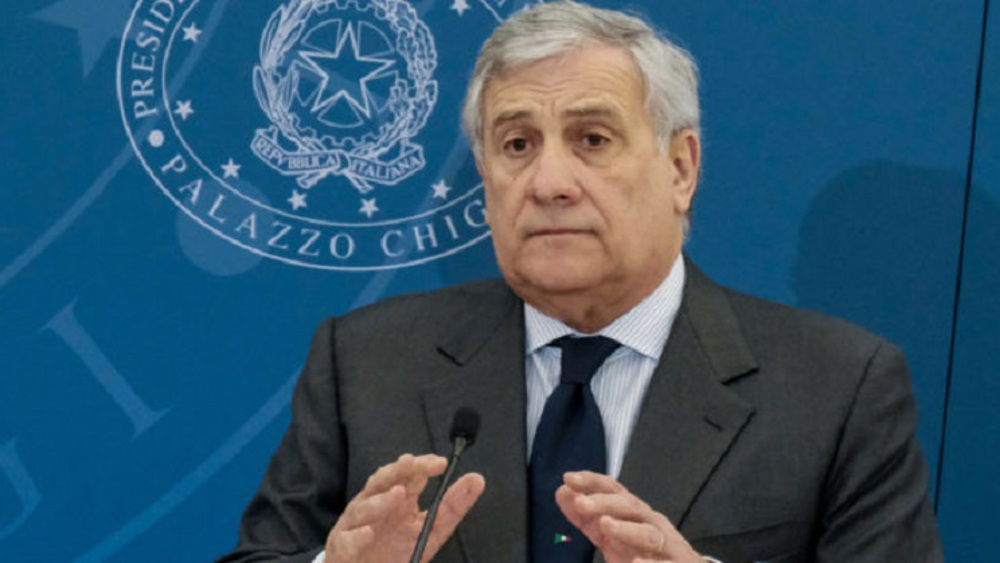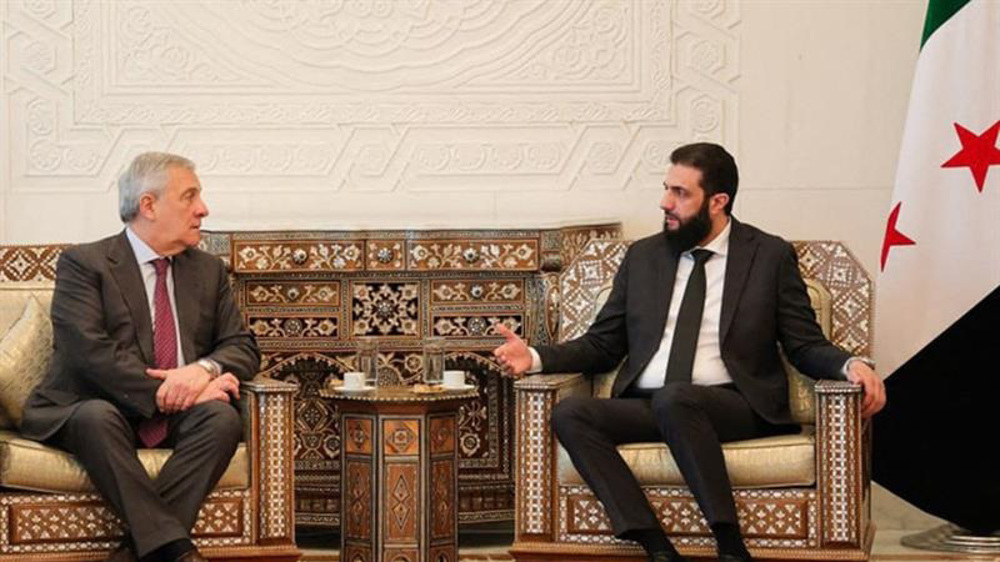EU extends sanctions against North Korea
The Philippines says it has impounded a North Korean vessel after the EU ratchets up sanctions in line with the UN's harshest measures adopted against Pyongyang.
In a statement, the European Union said 16 people and 12 companies were added to a list of some 60 individuals and groups who were hit with travel bans and asset freezes.
The European Council said the Friday move was in line with the United Nations Security Council’s recent vote on more sanctions against Pyongyang.
On Wednesday, the 15-member council unanimously approved the toughest sanctions on North Korea in two decades by voting on a draft resolution crafted by the US.

The resolution bans the export of coal, iron, iron ore, gold, titanium ore, vanadium ore and rare earth minerals and prohibits aviation fuel sale to North Korea.
Countries are required to freeze the assets of firms linked to Pyongyang’s nuclear program and are forbidden from opening new branches, subsidiaries and representative offices of North Korean banks.
Philippines confiscates North Korean ship
On Saturday, the Philippines said it had impounded a North Korean vessel in line with the new UN measures against Pyongyang.
Presidential spokesman Manolo Quezon said the 6,830-tonne cargo ship Jin Teng had been docked for three days in the port of Subic port and its crew will now be deported.
Following the UN move, North Korea fired six short-range missiles into the sea. North Korea’s leader Kim Jong-un also ordered the country’s nuclear arsenal prepared for use at any time and the military to be in “pre-emptive attack” mode.

South Korea and the US officially began on Friday discussions on deploying an advanced missile system to counter what they deem the growing threat of North Korea's weapons capabilities.
China and Russia oppose the deployment of THAAD, which has powerful radar capable of penetrating deep into their countries.
The two countries held their second consultation on northeast Asia security in Moscow on Friday, calling for dialog to solve the Korean peninsula issue.
China said it "resolutely opposes South Korea and the US deploying the THAAD system on the Korean peninsula."
Beijing "hopes the countries in question can proceed with caution so as not to damage China's legitimate security interests," China's Foreign Ministry spokesman Hong Lei said.
Jan. 15: ‘Axis of Resistance’ operations against Israeli occupation
VIDEO | US fires: Criticism mounts over govt. failure to respond
VIDEO | Fears, hope in Gaza amid intensified ceasefire efforts
VIDEO | Press TV's news headlines
Hamas: Ceasefire agreement result of steadfastness, resistance in Gaza over 15 months
Hamas thanks Iran, Resistance Front following achievement of ceasefire in Gaza
'Capitulation': Israeli officials and media concede Gaza defeat as truce unfolds
'Gaza has won': Social media users react to ceasefire with mix of relief, joy















 This makes it easy to access the Press TV website
This makes it easy to access the Press TV website